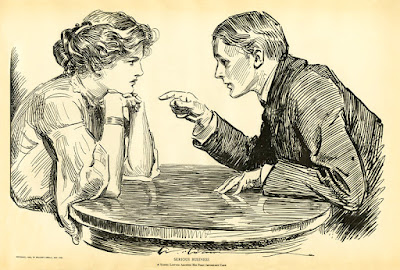It's easy to get caught up in the habit of thinking in extremes. Whether it's politics, race, or simply concepts of right and wrong, we often seek to classify people and events into polar opposites. This way of thinking, known as polarized thinking, can have damaging consequences for both individuals and society as a whole.
One of the main problems with polarized thinking is that it oversimplifies complex issues and reduces them to a binary choice. In reality, life provides room for many shades of gray and for a variety of perspectives. When we limit ourselves to thinking in extremes, we miss out on valuable perspectives and potential solutions to problems.
Another issue with polarized thinking is that it creates division and promotes an "us vs. them" mentality. When we define people based on their political views, race, or beliefs, we limit our ability to understand and empathize with others. This can lead to harmful stereotypes and discrimination, making it harder for different groups to work together to solve problems.
Moreover, polarized thinking can have serious consequences for democracy. As Abraham Lincoln famously stated in the Gettysburg Address, democracy is "the government of the people, by the people, for the people." But, when one opinion of one governing party overshadows all others, we have a dictatorship, not a democracy. A true democracy requires that we listen to the voice of all people, not just those who agree with us. This means embracing differences of opinion and engaging in open and respectful dialogue.
I believe that polarized thinking is a dangerous practice that we must overcome. It oversimplifies complex issues, creates division, and undermines democracy. By embracing dialogue and differences of opinion, we can move towards a more inclusive and democratic society.
(Note: This post was enhanced using ChatGPT A.I. The ideas and topics are mine, but A.I. assisted with the essay structure and some of the support statements. I deleted concepts with which I did not wholly agree and edited certain concepts to ensure they fall in line with my beliefs. While this post was written to share my perspective, it also served as an experiment in using A.I. to enhance writing, which is another topic I would like to address in a future post.)
Image Credit: Serious Business. A Young Lawyer Arguing His First Important Case. Charles Dana Gibson (American illustrator, 1867-1944), 1905 pen and ink on paper illustration for Collier's Weekly; published in the artist's collection Our Neighbors (1905)


No comments:
Post a Comment